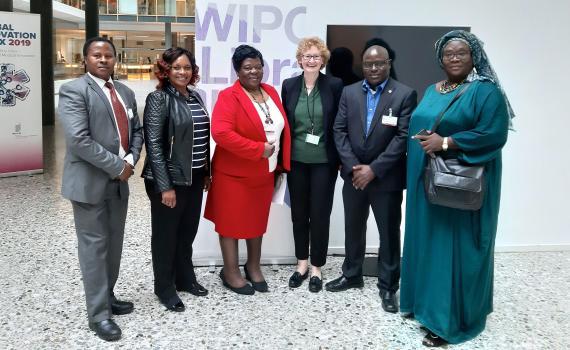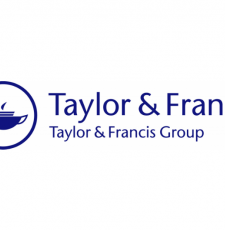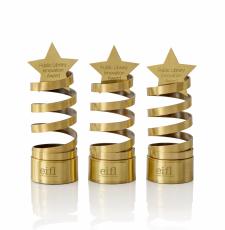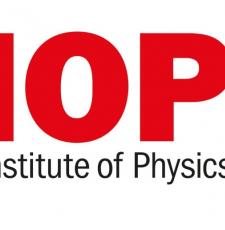
In May, the newly-formed Steering Group for the Right to Research (R2R) in Africa, that is part of a three-year international project ‘Contributing to Public Interest Copyright Policy at WIPO Promoting Access to Knowledge and the Right to Research', held its first meeting online.
EIFL, together with Dr Dick Kawooya, University of South Carolina, will coordinate the project’s regional advocacy efforts on the Right to Research on the continent of Africa. R2R Africa aims to build a coalition of library, education and research advocates who are active and influential at WIPO (the World Intellectual Property Organization) and other fora involved in copyright issues, support the project’s Global Advocacy Network on issues related to Africa, and engage in stakeholder education and other activities towards the common goal of promoting the interests of research and education in international and domestic copyright policy.
The need for change
“The COVID pandemic has cast a bright light on inequities in the global research system that restrictive copyright laws perpetuate. In many countries, library resources, for example, can only be used ‘on the premises’ of that institution. Use of educational materials is often restricted to use ‘in a classroom’. Our goal is to promote a system in which every researcher, every student, and every citizen of every country has the ability to engage in modern research activity and enjoy its products, including across borders and utilizing online tools.” - Sean Flynn, Director of the Program on Information Justice and Intellectual Property and the project’s Principal Investigator
Data shows that copyright laws in many of the 53 countries in Africa are lagging behind those of countries in other regions. For example, the 2017 WIPO study on copyright exceptions and limitations for libraries and archives shows that in Africa only half the laws permit the making of a copy by a library for preservation purposes (54%, 28 countries) and for research (52%, 27 countries). Of the countries that permit the making of a research copy, only a third allow a library to make a digital research copy (31%, 16 countries).
Further, analysis by the Global Expert Network on Copyright User Rights (2020) shows that just nine countries in Africa permit ‘open research’ in the area of text and data mining, that is, the ability to both reproduce and to share the outputs of computer-based data analysis with other researchers, for example, for collaboration or external validation of research results necessary to the research process.
Leaders in libraries, education and copyright advocacy
The R2R Steering Group that will advise EIFL on project activities in Africa, including advocacy, training, and events, is made up of leaders in libraries, education and copyright advocacy.
We are delighted to be working with Pedi Anawi, Coordinator Education International Regional Office (Ghana); Kathy Matsika, University Library Director, National University of Science & Technology (Zimbabwe); Ben Cashdan, Television Producer, Co-Chair ReCreate (South Africa); and Denise Nicholson, Consultant, Scholarly Horizons (South Africa) on this exciting project.
Background
The project ‘Contributing to Public Interest Copyright Policy at WIPO Promoting Access to Knowledge and the Right to Research' is coordinated by the Program on Information Justice and Intellectual Property (PIJIP) at the American University Washington College of Law and is funded by the Arcadia Fund.
The three year project, that started in 2021, will address the lack of global norms to promote access to, and use of, research materials in the shift toward digital research methodologies, such as text and data mining, as well as the lack of international legal standards permitting the cross border, or sometimes even local, sharing of copies of works for use by other researchers.
It will produce high impact research, training for a global network of change-makers, and it will connect a global Academic Network to an Advocacy Network of researchers, libraries, archives, and digital rights activists in international copyright policy-making. It will also support the establishment of a broader network of Access to Knowledge (A2K) activists with a shared goal of promoting international copyright reform to achieve a fair and balanced copyright system.
Read more about the project.
SHARE / PRINT









